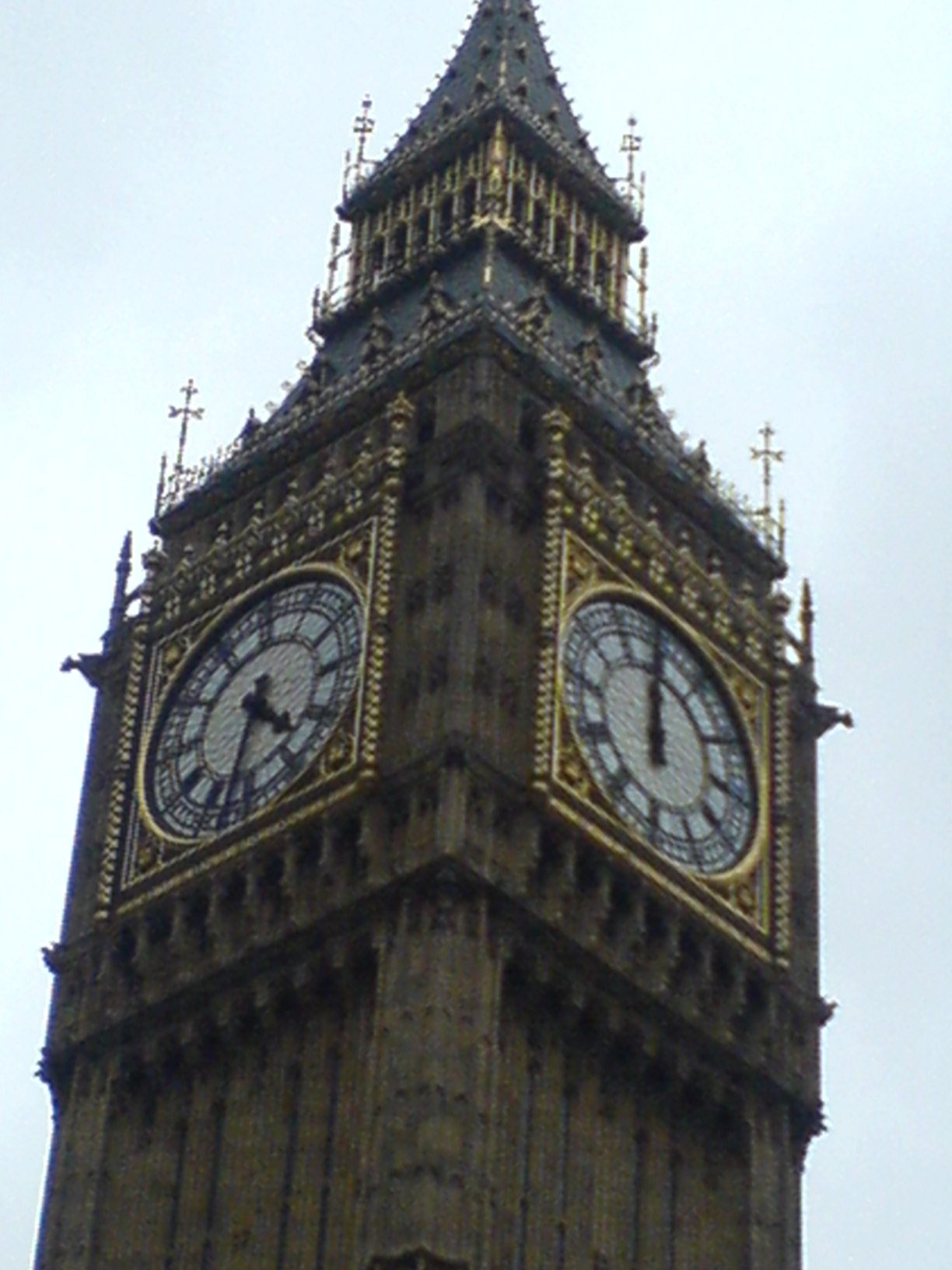The United Kingdom as an organisation has developed significantly over the last thirty years, in my opinion that development
has unfortunately been mostly as a reaction to those who want to destroy it, rather than as a result of any plan or vision
of an improved and modernised Union by the political leadership of it’s elected governments.
Whatever new powers the Scottish Parliament is given the Scottish Nationalists
will continue their damaging campaign to extract Scotland from the Union. This after all is their raison d’etre and
at present I certainly expect there to be another referendum in my lifetime.
Further powers to the Scottish Parliament will also lead to demands from the Welsh and Irish Assemblies for further
powers. Many in England have also started to question why England does not have a parliament that represents English interests
in the United Kingdom.
Personally I already
feel that the UK Parliament does not do enough to promote England’s interests within the UK to the detriment particularly
of those areas outside London and that the proposals to simply block attendance by Scottish MPs in the House of Commons as
a means of resolving the ‘West Lothian Question’ are insufficient.
Existing Federal models will lead us eventually to English and Scottish parliaments
and Welsh and Northern Irish assemblies, with similar powers, with a UK Parliament responsible for international policies
and those applicable to the entire UK such as defence. I see two major problems with this course of events.
First the Scottish
Nationalists could still play the Scottish Parliament off against the UK Parliament, making demands of the UK government that
it cannot meet because it would mean granting Scotland de facto independence and then blaming their failings on the UK governments
failure to meet their demands.
Second using existing models it would mean more politicians and elections and what is already apparent
is that the more elected representatives we have the less they individually represent. In England there are already local
councillors, county councillors, mayors, Police and Crime Commissioners, MPs and MEPs and the English public have not shown
a great deal of appetite for any more.
I believe both these problems can be eased by what I call ‘Multi-Level
Representation’. Where the same politicians sit in the UK parliament and their respective national parliaments or assemblies.
This would remove the need for an extra tier of representatives and their associated elections, ensure responsibilities do
not fall between two groups of representatives but are concentrated amongst a core group of elected representatives and none
of which are left partially redundant.
This could work for example with the parliaments, assemblies and MPs working
on a four-week cycle where all the MPs sit for a week in the UK parliament, followed by a week in their respective constituencies,
then a week in the MPs respective national assembly or parliament, followed by another week again working in their respective
constituencies. In a year there could be eleven such cycles allowing eight weeks for breaks. Obviously Ministers at UK and
national level would work outside the four-week cycle and there would be procedures for extraordinary situations.
In order for ‘Multi-Level Representation’ to function effectively,
issues relating to the number and size of the constituencies within each national parliament or assembly would have to be
overcome because the number and size of the constituencies is integral to the ‘First Past The Post’ system we
presently use for electing MPs to the UK Parliament.
However
using the Relay System, the issues associated with the number and size of the constituencies could be circumvented, allowing
the smooth operation of Multi-Level Representation providing the opportunity for truly devolved governments, within a modern
United Kingdom.
